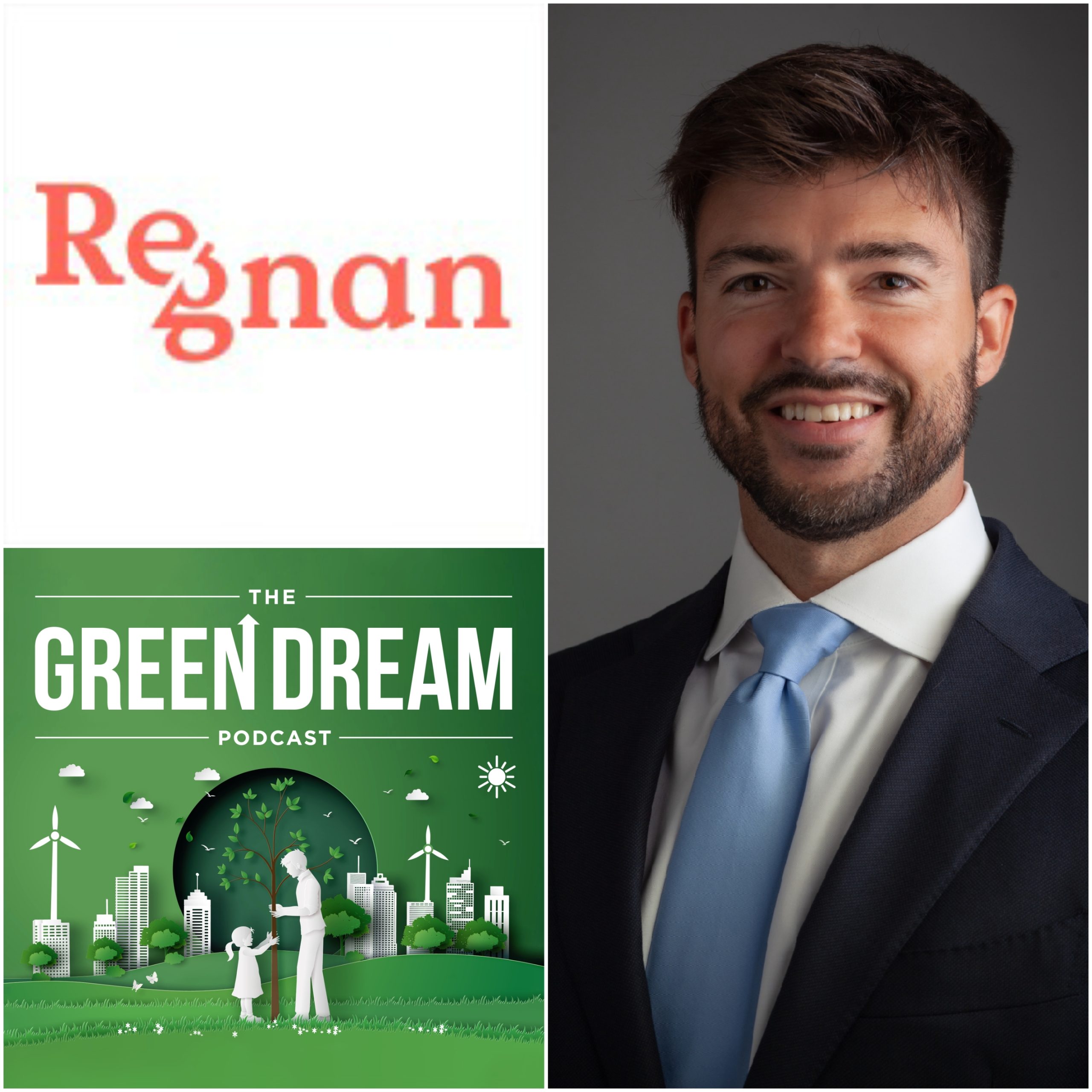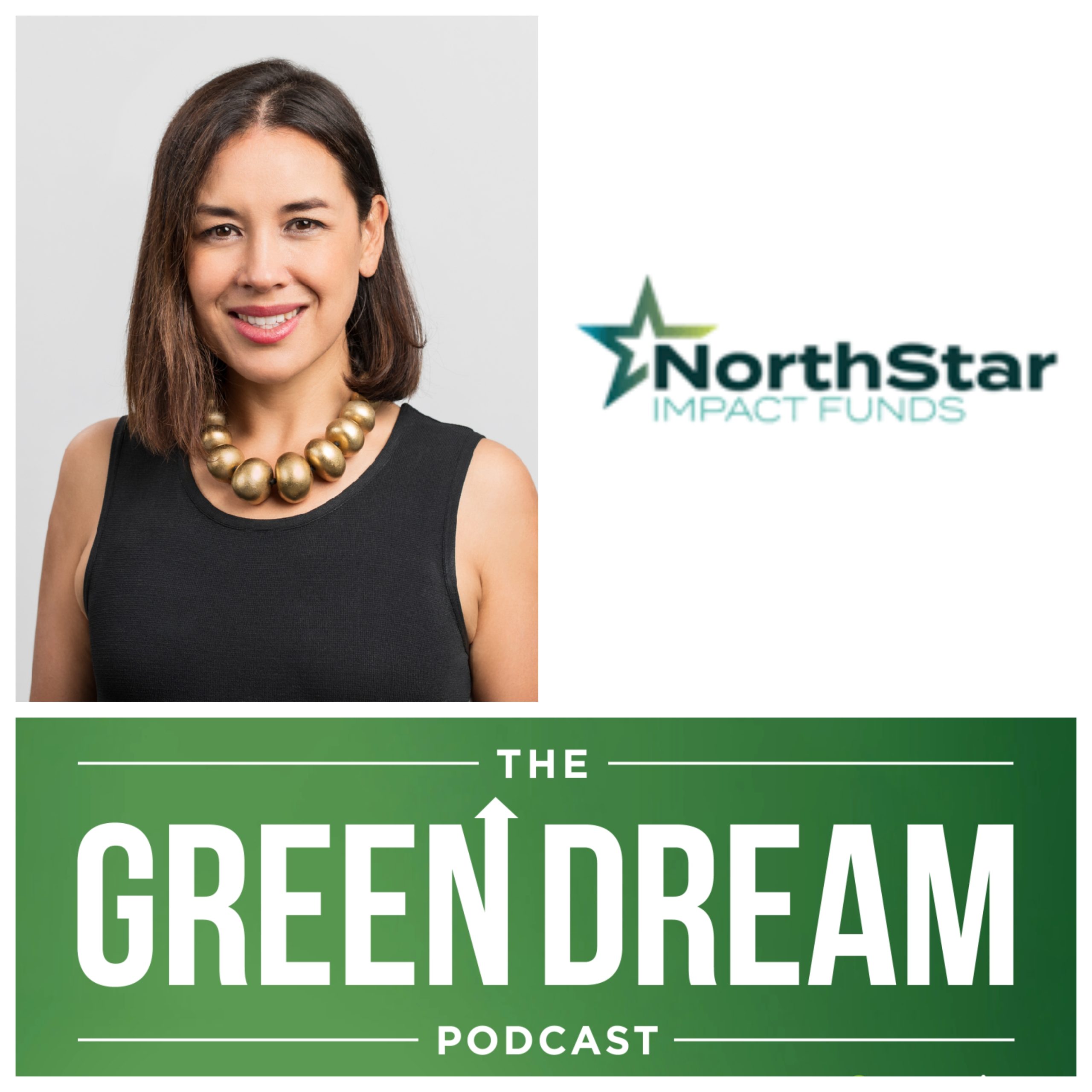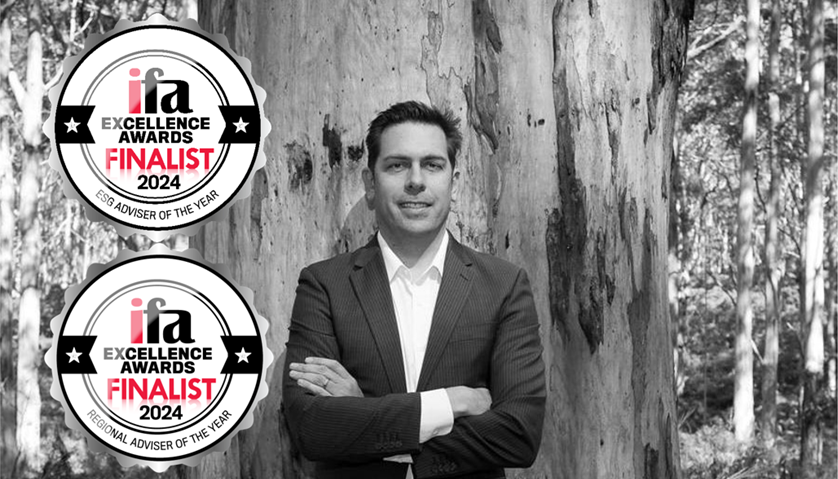Dramatic weather events such as the horrific bushfires last summer in Australia’s east coast have combined with record global temperatures, coral reef bleaching and other environmental issues to drive investors towards ethical investment, particularly in relation to exiting fossil fuels.
In addition, 2020 saw the arrival of the Covid-19 pandemic and investment in healthcare to support our response to the coronavirus was front of mind for many ethical investors. This surge in demand has led to a much wider range of ‘ethical’ super and investment funds available for clients in the Australian market.
Yet despite the surge in demand for ethical investment which can deliver material positive impact, there are still superannuation and investment funds in the market which greenwash. Whilst they may have ‘ethical’, ‘sustainable’, ‘socially aware’ or similar words in their title, they may be only marginally different from their mainstream fund equivalent, and therefore aren’t true to label. Our Ethical Advisers’ Co-op has done a lot of work to combat greenwashing, culminating in the launch of our ‘Ethical Leaf Ratings’ for superannuation and investment funds. In addition, RIAA’s ‘Responsible Returns’ site assists investors looking to invest their superannuation in line with their ethical criteria.
We often get asked how we prevent greenwashing in our portfolios, ie how do we select our fund managers, and become comfortable that their investment selections will meet our clients’ needs? There’s a wide range of factors that we consider, but rule #1 is that it’s not simply about past performance. Some of the factors that we consider include:
- Meeting the fund manager and understand their team, background and culture (ie their values, gender diversity, environmental footprint, and other factors)
- Insisting on full portfolio transparency, including a full list of stock holdings
- Assessment of impact, ie their ‘Positive Screening’ approach and the outcomes that have been achieved. For example do they measure these outcomes against the UN Sustainable Development Goals, other global standards, or their own in-house metrics?
- Assessment of portfolio exclusions, ie their ‘Negative Screening’ approach and what criteria and thresholds are being applied? Are they strict enough to exclude companies that our clients want to avoid?
- Examples of how they have reacted to controversies or other negative ESG (Environmental, Social, Governance) issues
- Are they engaging with companies with a questionable track record on ESG issues? Have they divested from companies that don’t meet their standards?
At JustInvest, ethical investment is a fundamental component of our Financial Planning advice process, not just an afterthought. Our ethical portfolios have been assessed to have less greenwashing, carbon and reputational risk than their equivalent mainstream counterparts, and we offer portfolio construction customised to your ethical criteria. Contact us to find out more.
Note: this is general information and is not advice. It does not take into account your objectives, financial situation or needs. Before you make any decision about whether to acquire a certain product, you should obtain advice and read the relevant product disclosure statement.





